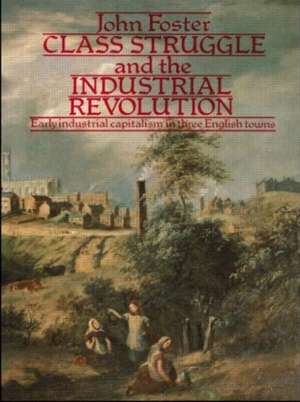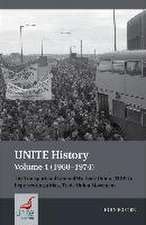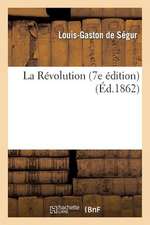Class Struggle and the Industrial Revolution: Early Industrial Capitalism in Three English Towns
Autor John Fosteren Limba Engleză Paperback – 24 feb 1977
| Toate formatele și edițiile | Preț | Express |
|---|---|---|
| Paperback (1) | 370.16 lei 6-8 săpt. | |
| Taylor & Francis – 24 feb 1977 | 370.16 lei 6-8 săpt. | |
| Hardback (1) | 1000.27 lei 6-8 săpt. | |
| Taylor & Francis – 7 dec 2016 | 1000.27 lei 6-8 săpt. |
Preț: 370.16 lei
Nou
Puncte Express: 555
Preț estimativ în valută:
70.84€ • 73.68$ • 58.48£
70.84€ • 73.68$ • 58.48£
Carte tipărită la comandă
Livrare economică 15-29 aprilie
Preluare comenzi: 021 569.72.76
Specificații
ISBN-13: 9780416841008
ISBN-10: 0416841007
Pagini: 360
Dimensiuni: 138 x 216 x 21 mm
Greutate: 0.46 kg
Ediția:Revised edition
Editura: Taylor & Francis
Colecția Routledge
Locul publicării:Oxford, United Kingdom
ISBN-10: 0416841007
Pagini: 360
Dimensiuni: 138 x 216 x 21 mm
Greutate: 0.46 kg
Ediția:Revised edition
Editura: Taylor & Francis
Colecția Routledge
Locul publicării:Oxford, United Kingdom
Cuprins
1 INTRODUCTION 2 INDUSTRIALIZATION AND SOCIETY 3 LABOUR AND STATE POWER 4 ECONOMICS OF CLASS CONSCIOUSNESS 5 CLASS STRUGGLE AND SOCIAL STRUCTURE 6 CRISIS OF THE BOURGEOISIE 7 LIBERALIZATION 8 POSTSCRIPT
Notă biografică
John Foster is a Lecturer in Politics at Strathclyde University,Glasgow.
Descriere
Class Struggle and the Industrial Revolution represents both a continuation of, and a stark contrast to, the impressive tradition of social history which has grown up in Britain in the last two decades. Its use of sophisticated quantitative techniques for the dissection of urban social structures will serve as a model for subsequent research workers. This work examines the impact of industrialization on the social development of the cotton manufacturing town of Oldham from 1790-1860; in particular how the experience of industrial capitalism aided the formation of a coherent organized mass class consciousness capable by 1830 of controlling all the vital organs of local government in the town. This will be a useful study to any student of the industrial revolution.
















